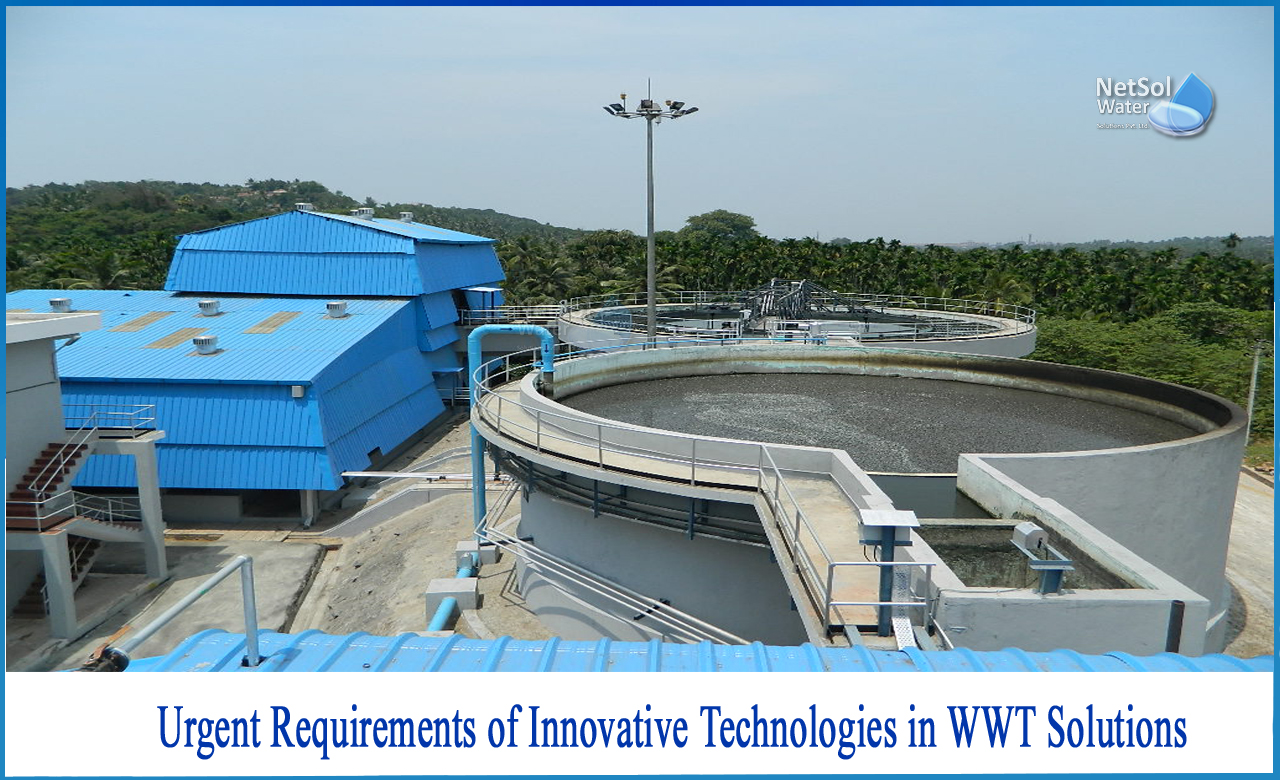What is the future challenge of wastewater Solutions?
According to estimates, approximately 80% of the water supplied to Indian households is discharged as wastewater. In India, there is a significant gap between wastewater generation and treatment. Every day, cities like Delhi and Mumbai produce millions of liters of wastewater. It is beyond the capacity of existing treatment facilities to effectively treat it. Furthermore, waste management authorities are ill-equipped to deal with the future challenge of wastewater generation.
Major Challenges
1. India's rapidly increasing population is a source of concern, as more and more people migrate from rural to urban areas. The wastewater treatment facilities have been overburdened as a result of this. All of this has increased the amount of wastewater generated in India's Tier l and Tier ll. cities.
2. Industrial growth over the last few decades has resulted in a significant amount of industrial wastewater generation. Furthermore, agricultural activities and commercial spaces generate waste. Untreated wastewater from such sources, as well as chemicals washed off agricultural fields, frequently reach bodies of water and pollute them.
3. Diseases can be caused by household waste such as human excreta and industrial waste containing harmful chemicals, heavy metals, and toxins. Carcinogens, which cause fatal conditions such as cancer, can also be found in wastewater.
4. Water is required by India's population for industries, agriculture, and domestic use. It is expected to grow in the coming years. It has put enormous strain on freshwater resources. As a result, wastewater treatment and management are critical to meeting the country's water needs.
5. The lack of wastewater treatment facilities has exacerbated the situation. There are 269 sewage treatment plants in various parts of the country, but only 231 are operational. For the discharge of treated effluent into rivers, 39 percent of sewage treatment plants do not meet the standards set by environmental protection agencies.
The wastewater treatment situation is quite alarming, and immediate solutions are required to address this issue.
Traditional wastewater treatment processes include primary, secondary, and tertiary wastewater treatment. Physical tools and processes such as sedimentation and flocculation are used in the first stage to remove solid waste particles. The biological process is used in the secondary stage, where the beneficial microbial community degrades the organic waste into harmless byproducts such as water and carbon dioxide. It is the most important process in wastewater treatment. The disinfection process is used in the tertiary treatment.
Conclusion
As previously stated, wastewater generated as a result of increased population density, industrialization, and urbanization has overburdened existing treatment facilities. Many of them are broken and unable to function properly, putting the human population and the environment at risk.
Several new wastewater treatment and management technologies have been developed. However, they are either prohibitively expensive or involve complex functions and maintenance. India, on the other hand, urgently requires cost-effective, powerful, and simple-to-use solutions.
Netsol Water is Greater Noida-based leading water & wastewater treatment plant manufacturer. We are industry's most demanding company based on client review and work quality. We are known as best commercial RO plant manufacturers, industrial RO plant manufacturer, sewage treatment plant manufacturer, Water Softener Plant Manufacturers and effluent treatment plant manufacturers. Apart from this 24x7 customer support is our USP. Call on +91-9650608473, or write us at enquiry@netsolwater.com for any support, inquiry or product-purchase related query.



